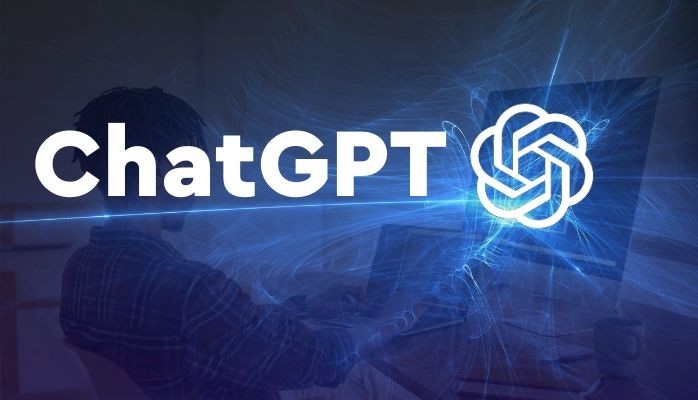Code Assistance and Generation: ChatGPT can assist developers in writing code by suggesting completions, fixing syntax errors, and even generating code snippets based on natural language descriptions of desired functionality. Developers can interact with ChatGPT in plain English, improving productivity and reducing the time spent on mundane coding tasks
Documentation Generation: Writing comprehensive documentation is crucial for maintaining and scaling software projects. ChatGPT can help developers in generating documentation by interpreting their descriptions and converting them into well-structured documentation. This can include API documentation, user guides, and code comments, making the documentation process more efficient and less time-consuming.

- Bug Identification and Troubleshooting: When faced with a bug or an error in the codebase, developers can describe the issue to ChatGPT, which can analyze the description and provide insights into potential causes or solutions. By leveraging its understanding of programming concepts and common issues, ChatGPT can assist developers in debugging and troubleshooting more effectively.
- Code Reviews and Feedback: Conducting code reviews is essential for maintaining code quality and fostering collaboration within development teams. ChatGPT can participate in code reviews by providing feedback on code changes, identifying potential improvements, and highlighting areas of concern. Developers can interact with ChatGPT during code reviews to receive instant feedback and suggestions for optimizing their code.
- Natural Language Interface to Version Control Systems: ChatGPT can serve as a natural language interface to version control systems like Git. Developers can interact with ChatGPT to perform common version control tasks such as committing changes, creating branches, merging code, and resolving conflicts. This simplifies the version control process and enables developers to manage their codebase more efficiently.
